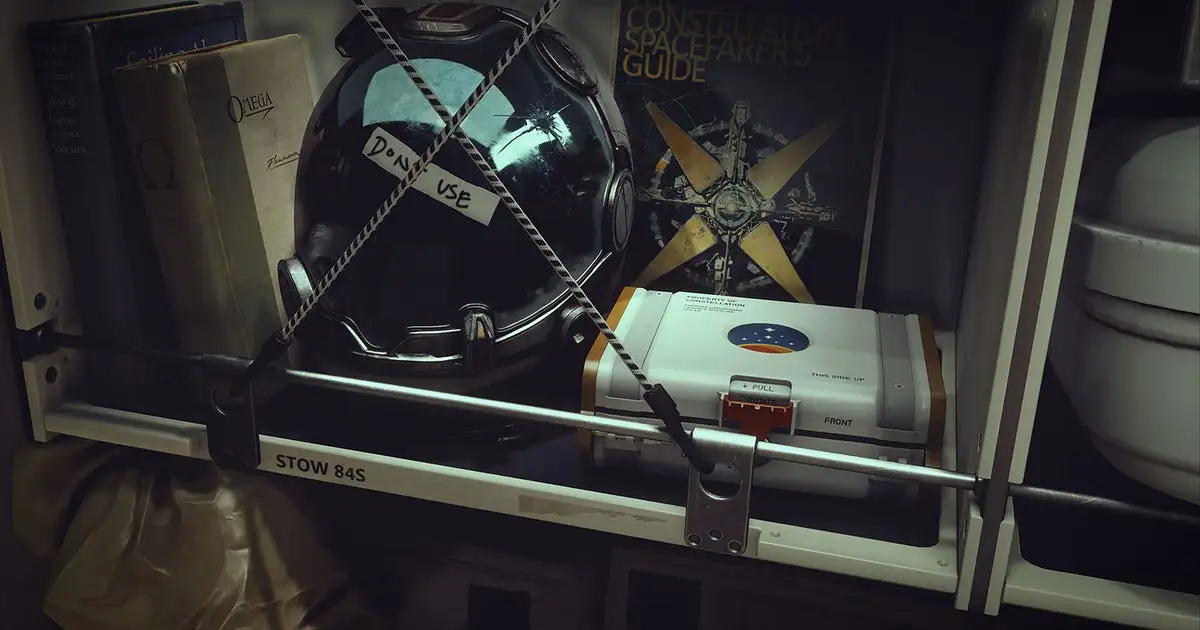deleted by creator
A lot of the article is focused on how games journalism has adapted to meet the current business environment (read advertising). Gaming is certainly not alone in that. Newspapers were hit a long time ago, and we’ve seen the same issues there too.
I’m curious – what value do most people get from games journalism? Would people really miss if pcgamer, kotaku, or eurogamer just disappeared?
I’d really love to see a detailed balance sheet for some of these orgs to see what the actual operating costs are and how much is going to exec salaries.
The only one I really value is Digital Foundry. I like how they break down games technically and give insight on how to get the most out of them through settings and whatnot.
But outside of that, I generally trust user reviews more.
People always claim they wanna see reviews before they buy their games, it’s the anthem of the anti-pre-orderer. Surely some of those reviews would come from games journalists.
The problem though is that it’s not sustainable to give away your content for free. You have to get advertisers to pay you and most people interested in games journalism are probably gonna have ad blockers, so then you have to fall back to whoever will pay you. You also have to avoid getting on a publishers bad side as a smaller journalist, or you’ll be black listed and your career will be over. So what can you do besides take money to fudge some reviews?
This is the problem with all free news content also, by the way. Somebody’s gonna pay for it, if it’s not you then it’s the people who want their opinions to be the prevailing one.
Definitely worth reading. Thank you for the link!




